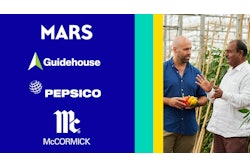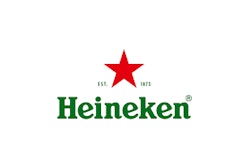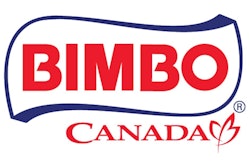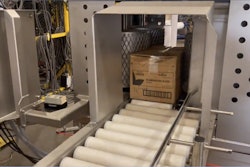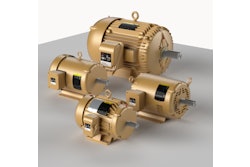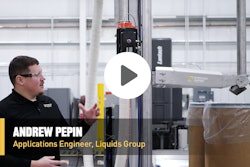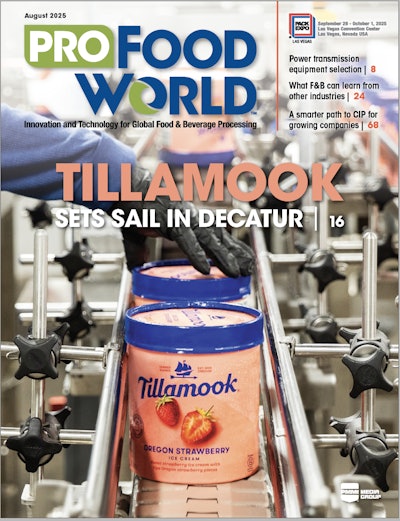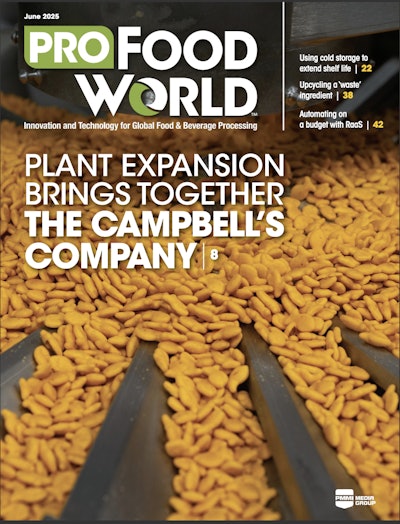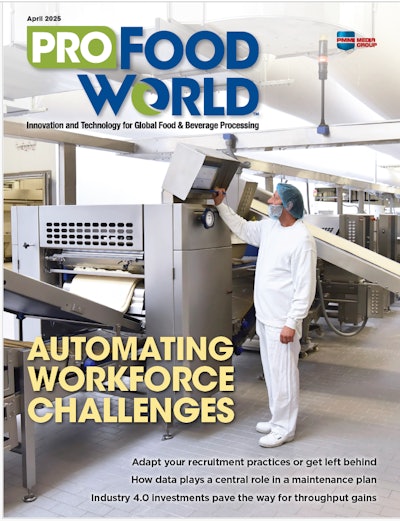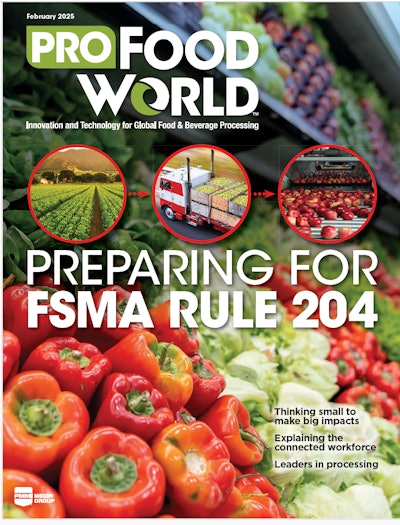Quick hits:
- Traditional HDPE and PET personal care bottles have been, and continue to be recyclable. But unfortunately, consumers recycle them at a far lower rate than they do aluminum, according to brands making the switch.
- Aluminum is “infinitely” recyclable, meaning there’s no degradation in the material after each cycle like may occur with traditional personal care bottles as they are recycled.
- Aluminum is more expensive, but specialty personal care brands tend to have higher margins and target less price-sensitive consumers, so the cost can be passed on.
- Aluminum is more easily recycled than plastic in the sense that it requires less energy to reclaim and repurpose the raw material in a new pack.
- In food, glass is a popular plastic replacement. But it isn’t an option when the product is slippery soap and shampoo, and the place of usage is a barefooted bath and shower environment. Aluminum is shatter proof.
Related to this episode:
- Dig deeper into Organic Baby Shampoo & Conditioner Brand and it's journey to go all-in on aluminum packaging.
- Learn about the first wine brand to offer aluminum cans in the U.S. market.
- Learn how to avoid unplanned downtime by downloading PMMI's Packaging and Predictive Maintenance white paper for free.
 | Read the transcript below: |
Hello, Matt Reynolds here, editor of Packaging World magazine back with another edition of Take Five with Packaging World. For the past years or so, editors at Packaging World have been receiving press releases for product launches of personal care products— so we're talking about hand soap, hand sanitizer lately, shampoo conditioner—and these announcements have been related to the fact that there've been changing their packaging structure from the traditional plastic packaging that we often have seen, whether that's PET or HDPE, to aluminum of all things.
To test or to see if these were actually appearing on the shelves, my colleague—Anne Marie Mohan, partner in crime—ended up going on a shopping trip just to see if this was actually populating supermarket shelves. And sure enough at the local target, quite a few instances of personal care products that have been moved to an aluminum bottle as opposed to traditional plastic. (Sorry about the expense report, Joe Angel.)
Anyways, we noticed there were some similarities to these products. These weren't the big store brands or big national brands. They weren't the commoditized items that might be a store brand where people are price sensitive, and not the national brands yet either—not suave as of yet as far as I know—but more of the specialty brands, brands that are advertising elements like organic, vegan, no cruelty to animals, no palm oil, and so on.
Some of these brands we noticed were Nature's Baby Organics, Hand In Hand, Eva New York City (or Eva NYC), and Raw Sugar Living and we'll be writing about them in our next issue of Packaging World. These are higher margin products. And again, the consumer or the target consumer for these products isn't going to have so much of a price sensitivity as some of the store brands and so on. And they're willing to shoulder the price because the folks that are into vegan and organic and no cruelty to animals are of a piece with the same group of folks that are often concerned about sustainability.
Meanwhile, we've been keeping a close eye on a global shortage of aluminum. But really we've seen that play out mostly in the highly commoditized and lower margin realms of aluminum. So we're talking about 12 ounce aluminum cans for craft beer or volume beer or soda markets. For the higher margin products, which are the personal care items that might be sitting on your bathroom shelf for months at a time, these are heavier gauge aluminum and they also might have a threaded. These are higher margin products and you're not going to see any of the aluminum suppliers really slow down on the production of these types of products.
So with that in mind, these brands are going full steam ahead into actually making the shift from plastic to aluminum. Why are they choosing aluminum? Well, the number one hook that I've seen in every one of the press releases that they've sent to me announcing this shift, has been what they call infinite recycling capability. So aluminum can be recycled over and over again, cycle after cycle for practically eternity. Basically there's no degradation in the material as there might be with plastics. And as we know with ocean plastics, there's quite a bit of degradation that can occur in opacity issues and so on.
Ultimately infinite recycling is a sexy term that even the consumers can latch onto. It's used in a lot of the marketing. Now beyond just that buzz word, which is infinite recycling, there's also the factor that these brands have looked closely at, and that's that people don't recycle plastic at a rate that they should—at least not compared to aluminum. There's also the comparative ease to recycle aluminum and there's less of an energy input into recycling aluminum according to these brands. And finally, aluminum bottles can run oftentimes on existing equipment, so they can just make the one-to-one switch from an HDPE bottle to an aluminum bottle with only minor adjustments to the machinery.
And on a final note, why aluminum? Well in the food space, we often find that glass is a highly sought after and desirable alternative to plastic. It's heavy, it's got good hand feel, and it's transparent. But once you start getting into that personal care environment where you're talking about slippery soaps and hand soaps and so on—and you're talking about a bathroom environment, such as a shower—basically the unshatterable quality of aluminum goes a long way.
This is a trend that we'll be keeping an eye on in the future. And who knows, maybe some of the larger brands will be catching on. I know at least one of these brands, which is Eva New York, has actually also created their recyclable aluminum package to be in line with the Loop platform. So if you don't want to recycle it and throw it in your own recycling stream, you can send it back to Loop and they'll be able to repurpose it and recycle it there as a durable package. So that's all we have time for today. Thanks for watching.



